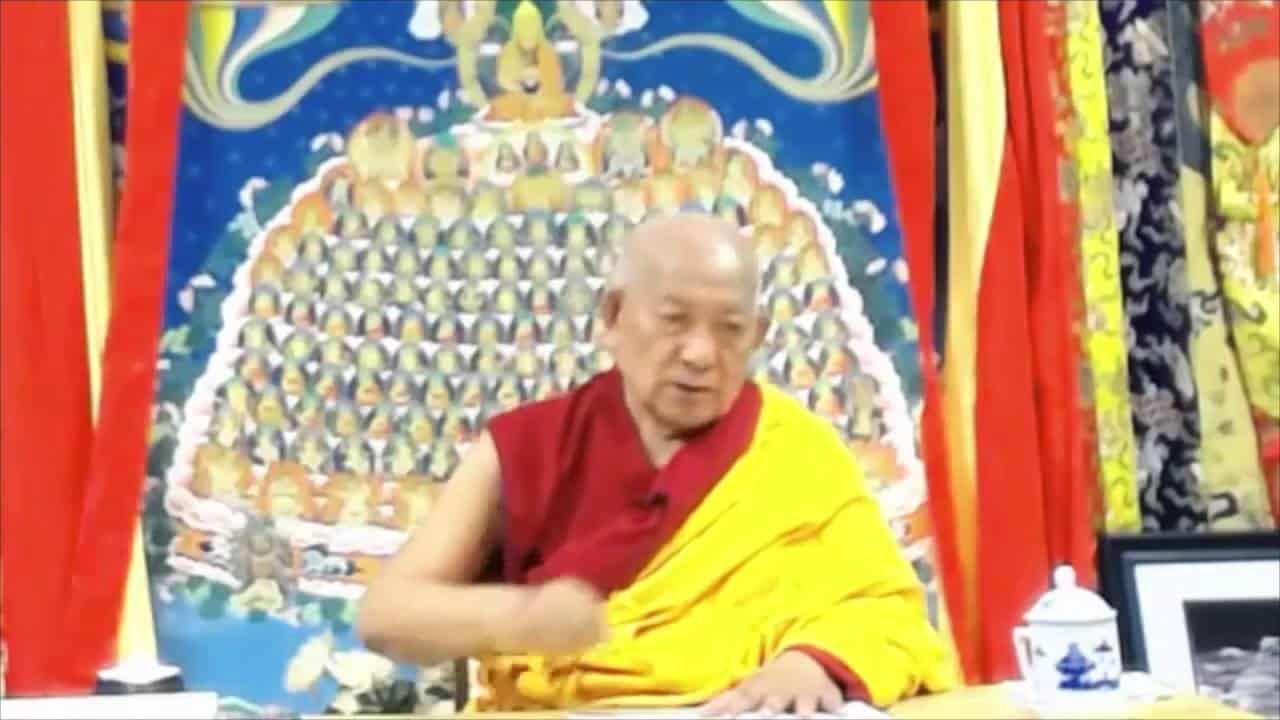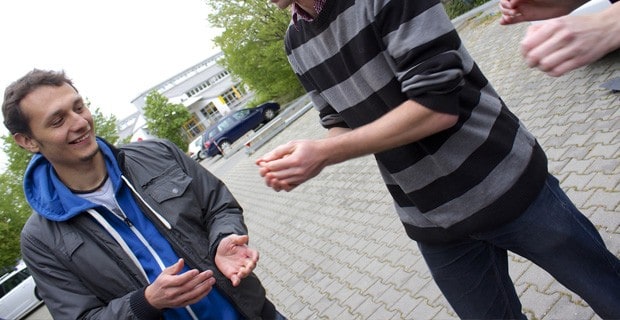Chapter 10: Verses 247-250
Chapter 10: Verses 247-250
Part of a series of teachings on Aryadeva’s 400 Stanzas on the Middle Way given on an annual basis by Geshe Yeshe Thabkhe from 2013-2017.
- Eliminating any fault of nihilism with regard to selflessness
- Although there is no self, there is no danger of the composite and transitory discontinuing
- Even if a permanent self exists, it cannot be the cause that starts and stops production
- Producers and products exist in relation only to impermanent things
- How to avoid falling into the two extremes of eternalism and nihilism by seeing dependent arising and a changing continuum of phenomena
- How meditation on impermanence and other attributes of true sufferings leads to the correct view of self and reduces afflictions
- Overview of Chapter 11 on refuting lower schools’ view of permanent time and permanent functional phenomena
- Showing the faulty reasoning of truly existent future
Geshe Yeshe Thabkhe
Geshe Yeshe Thabkhe was born in 1930 in Lhokha, Central Tibet and became a monk at the age of 13. After completing his studies at Drepung Loseling Monastery in 1969, he was awarded Geshe Lharampa, the highest degree in the Geluk School of Tibetan Buddhism. He is an emeritus professor at the Central Institute of Higher Tibetan Studies and an eminent scholar of both Madhyamaka and Indian Buddhist studies. His works include Hindi translations of The Essence of Good Explanation of Definitive and Interpretable Meanings by Lama Tsongkhapa and Kamalasila's commentary on the Rice Seedling Sutra. His own commentary, The Rice Seedling Sutra: Buddha’s Teachings on Dependent Arising, was translated into English by Joshua and Diana Cutler and published by Wisdom Publications. Geshela has facilitated many research works, such as a complete translation of Tsongkhapa’s The Great Treatise on the Stages of the Path to Enlightenment, a major project undertaken by the Tibetan Buddhist Learning Center in New Jersey where he teaches regularly.


